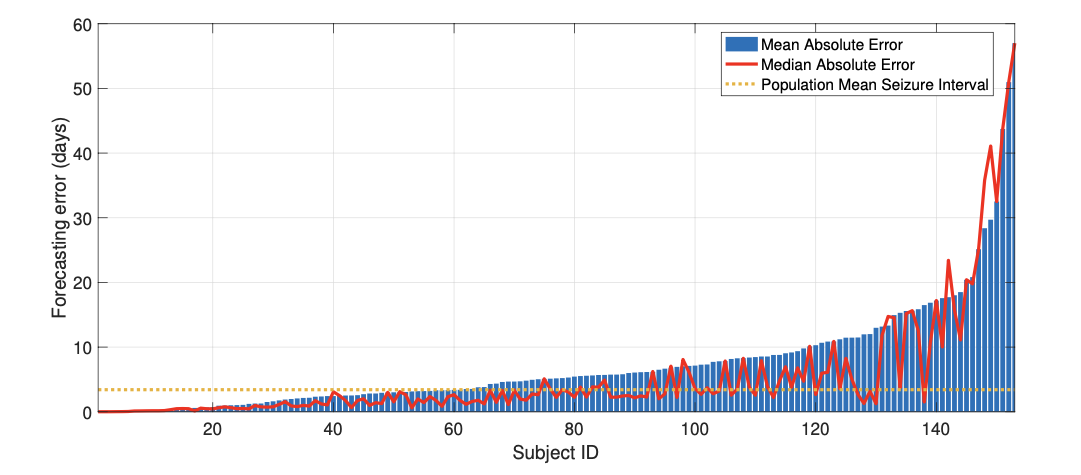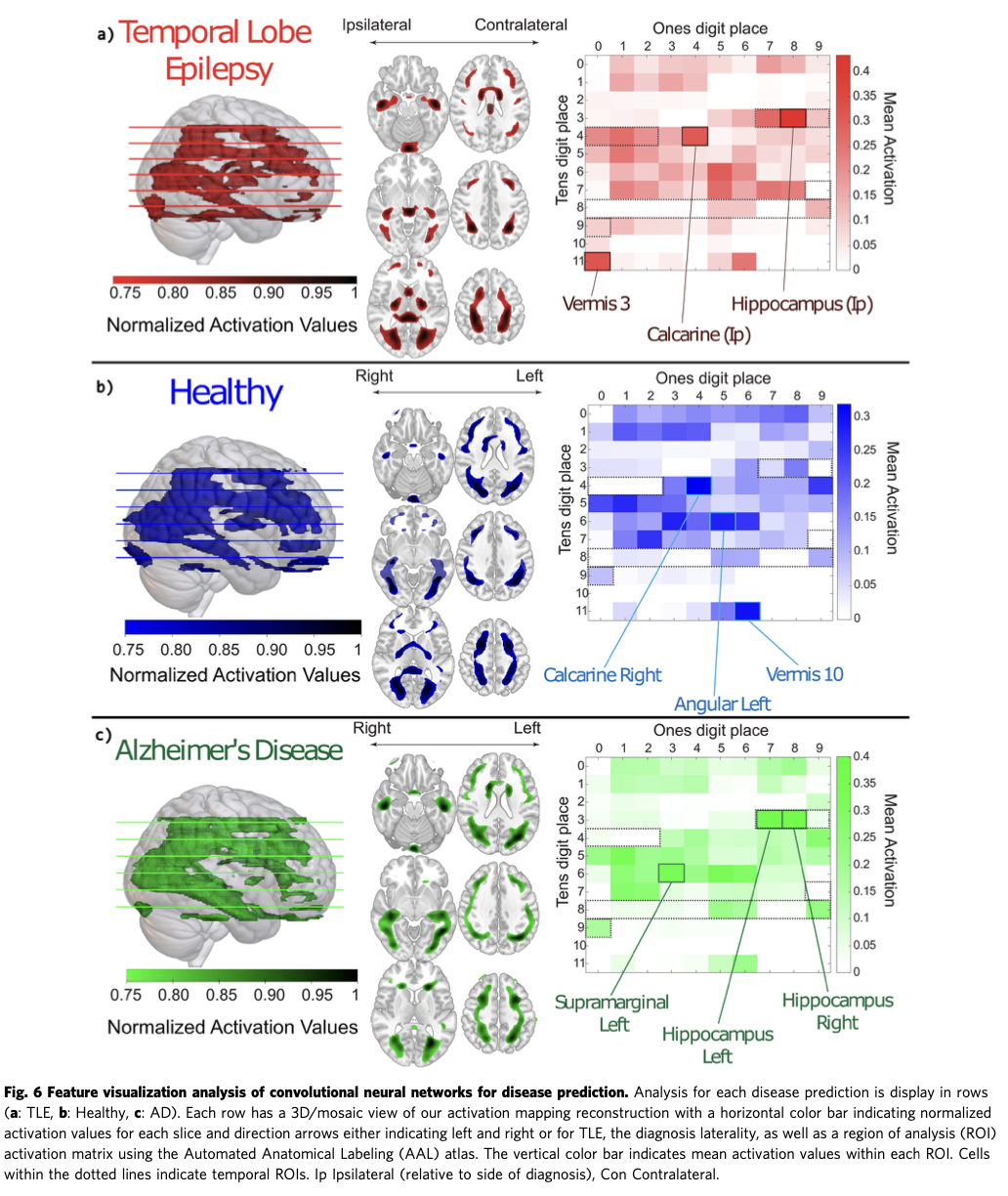The Department of Neurology at Emory University is a leader in research, which can take several different forms, and information about ongoing studies can be found through links on this page.
Patients who obtain their neurologic care at Emory are encouraged to allow Emory researchers to study their clinical information obtained through routine medical care so that new patterns associated with neurologic disease can be discovered. It is this research mission of Emory University that distinguishes medical care at Emory from care from other institutions, and which allows Emory to continue to offer state of the art and cutting edge diagnosis and treatments across multiple neurological diseases. By allowing researchers to review routine clinical care information, new disease patterns are often first identified. As with all research, findings are reported across many patients with similar conditions and individuals are never personally identified.
Many neurology patients also volunteer to participate in Clinical Trials. Unlike the participation described above where patterns of disease are studied based upon results from clinical care, Clinical Trials are formal research experiments in which new treatment or therapies are studied. In most cases, the treatment or drug that a study subject receives is randomly determined, and neither the patient nor the Emory researcher is aware of the specific treatment until the study is completed (double blind study). There are different types of Clinical Trials, but all share the common goal of finding new and improved ways to better treat neurologic disease with fewer side effects
Clinical research studies are in some ways similar to Clinical Trials, but they are not designed to test whether one treatment option or drug is better than a different treatment. Clinical research studies tend to study patients on multiple occasions to examine how disease patterns change over time. Other clinical research studies are designed to investigate relationships between disease conditions such as disease duration. Other markers of disease burden such as with new brain imaging techniques of MRI and PET. Still others might be designed to study side effect risks for clinical treatments that are being performed (e.g., surgery).
Updates

Seizure Forecasting
Epilepsy researchers at Emory University, under the leadership of Dr. Bonilha and Dr. Sameni, used artificial intelligence (AI) to predict individual seizures based on a person's seizure diary. Using novel AI algorithms, they were able to forecast up to 87% of seizures within a few days. This research constitutes a promising new line of AI empowered medical discovery. It could, in the future, empower many individuals with epilepsy to anticipate their seizures and plan accordingly.
This research has been published in the journal Physiological Measurement: Seizure forecasting using machine learning models trained by seizure diaries. Gleichgerrcht E, Dumitru M, Hartmann DA, Munsell BC, Kuzniecky R, Bonilha L, Sameni R. Physiol Meas. 2022 Dec 14;43(12). doi

Artificial intelligence and the Radiological Investigation of Epilepsy
Epilepsy researchers at Emory University, under the leadership of Dr. Bonilha, have developed methods to identify subtle MRI features associated with focal epilepsy. In a recent paper in Communications Medicine, they have demonstrated that convolutional neural networks can be fined tuned to detect abnormalities in the limbic network and adequately identify MRIs from individuals with epilepsy, Alzheimer's Disease or healthy. This research constitutes a promising innovation in health care, where AI empowered clinical decision making could improve diagnostic accuracy.
This research has been published in Chang et al. Communications Medicine. 2023 Feb 27;3(1):33. MRI-based deep learning can discriminate between temporal lobe epilepsy, Alzheimer's disease and healthy controls.
The figure, extracted from the article demonstrates the brain regions whose MRI features are leveraged for disease classification.

